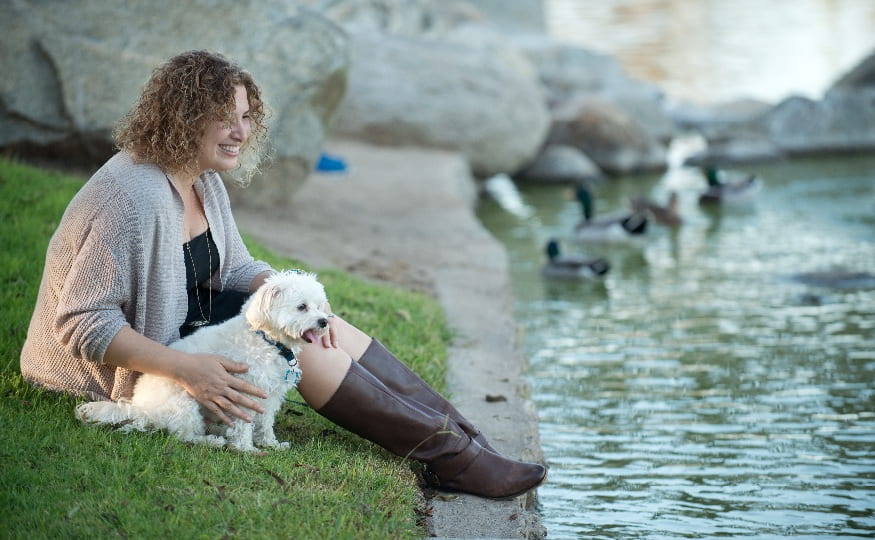Bullied youths' coping strategies can affect their long-term health, UCI-led study finds

How individuals cope with experiences of peer victimization can mitigate the associated negative short- and long-term physical and mental health effects, according to a recent study led by Michael A. Hoyt, Ph.D., UCI associate professor of public health. More than 800 college students responded to a questionnaire asking them to recall high school incidents of bullying and their reactions. Coping strategies were categorized as approach-oriented, involving techniques such as problem-solving and seeking social support, and avoidance-oriented, including giving up or disengaging with emotional processing. “One of the interesting things our findings revealed is that various patterns of past bullying experiences may be differently related to health over time. Results also revealed that the pattern of past bullying might matter in coping with life stressors,” said Hoyt, corresponding author on the study, which was published online in Behavioral Medicine. Collaborators were from Children’s Hospital of Philadelphia, New York University, Arizona State University and UC Merced.


